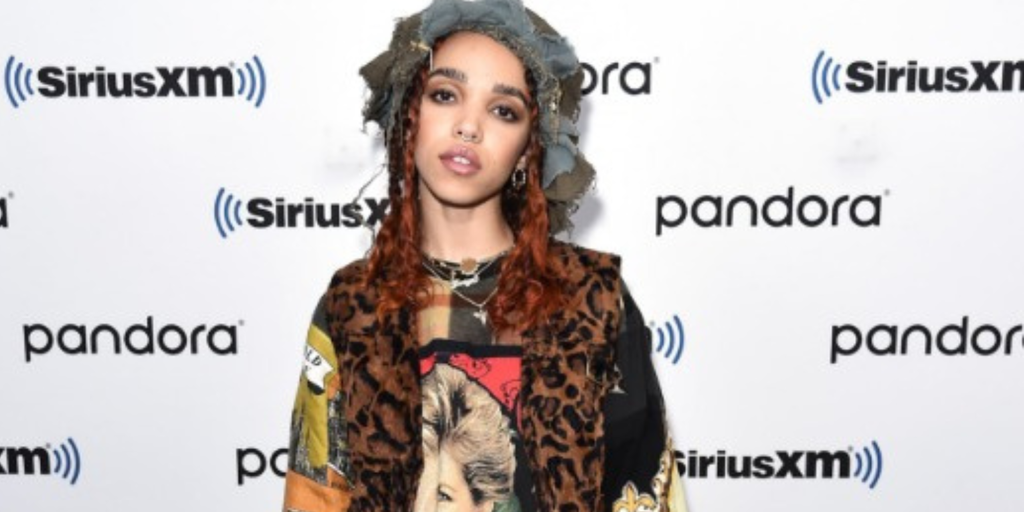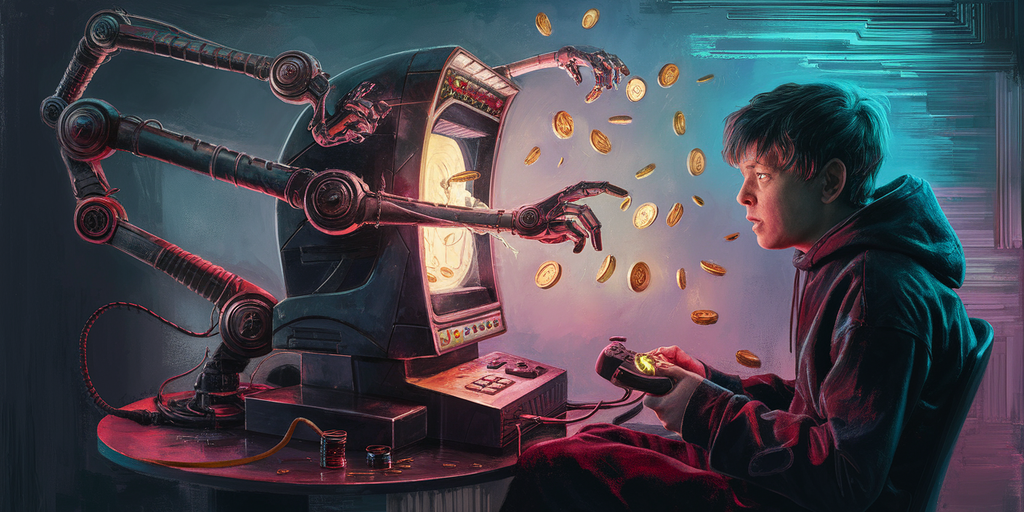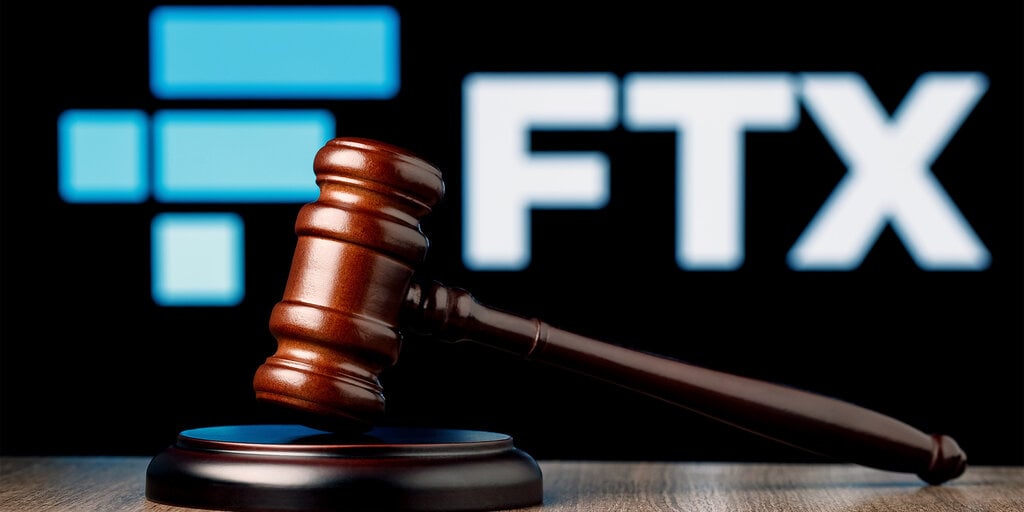Artificial Intelligence Impacts the Entertainment Industry in Washington D.C.
Washington D.C. was abuzz with discussions surrounding the implications of artificial intelligence in the entertainment industry. Members of the Senate Judiciary Committee gathered to hear testimonies from various sectors including the music industry, unions, and academia regarding the potential risks associated with generative AI. The topic of AI-powered digital replicas and deepfakes took center stage during the session, with one musician sharing personal encounters with the technology.
Insights from Industry Experts
The deliberations delved into copyright issues and free speech protections, with prominent figures such as Robert Kyncl, the CEO of Warner Music Group, SAG-AFTRA director Duncan Crabtree-Ireland, University of San Diego School of Law professor Lisa Ramsey, Digital Media Association CEO Graham Davis, and former NBC Universal senior counsel Ben Sheffner providing valuable perspectives on the matter.
Renowned British actor and musician known as “FKA Twigs,” whose birth name is Tahliah Debrett Barnett, offered a firsthand account of the potential impact of AI on artists. She emphasized the dedication and effort artists invest in honing their craft to create a lasting legacy beyond mere commercial success.
FKA Twigs highlighted the intricate balance between embracing new technologies like AI as tools for artistic expression and ensuring that artists retain control over their creations. She detailed her experience in developing a digital replica of herself, showcasing the immense possibilities AI presents for reaching a global audience and enhancing marketing strategies while preserving artistic integrity through consent and oversight.
Legislation and Industry Responses
Concerns raised during the session prompted legislative action, with a group of Senators introducing the “No Fakes Act” to prohibit the unauthorized creation of AI-generated likenesses without consent. This move addresses growing apprehensions about AI’s ability to mimic individuals in media, exemplified by unauthorized AI-generated works featuring prominent artists.
While some artists have embraced AI technology to explore creative avenues, others have expressed concerns about the potential misuse of their likeness and identity for commercial gain without consent. The dialogue surrounding AI in the entertainment industry underscores the need for robust legislative frameworks to safeguard artists’ intellectual property and creative autonomy.
As the industry navigates the intersection of artistry and technology, the debate over AI’s role in shaping the future of creative expression continues. Artists like FKA Twigs advocate for thoughtful regulation and ethical considerations to protect the integrity of their work and ensure that their artistic vision remains authentic and unblemished by unauthorized reproductions.
Ultimately, the discourse on AI in the entertainment sector emphasizes the pivotal importance of upholding artists’ rights, preserving artistic legacies, and fostering a climate of innovation that harmonizes technological advancements with creative integrity.
Image/Photo credit: source url





